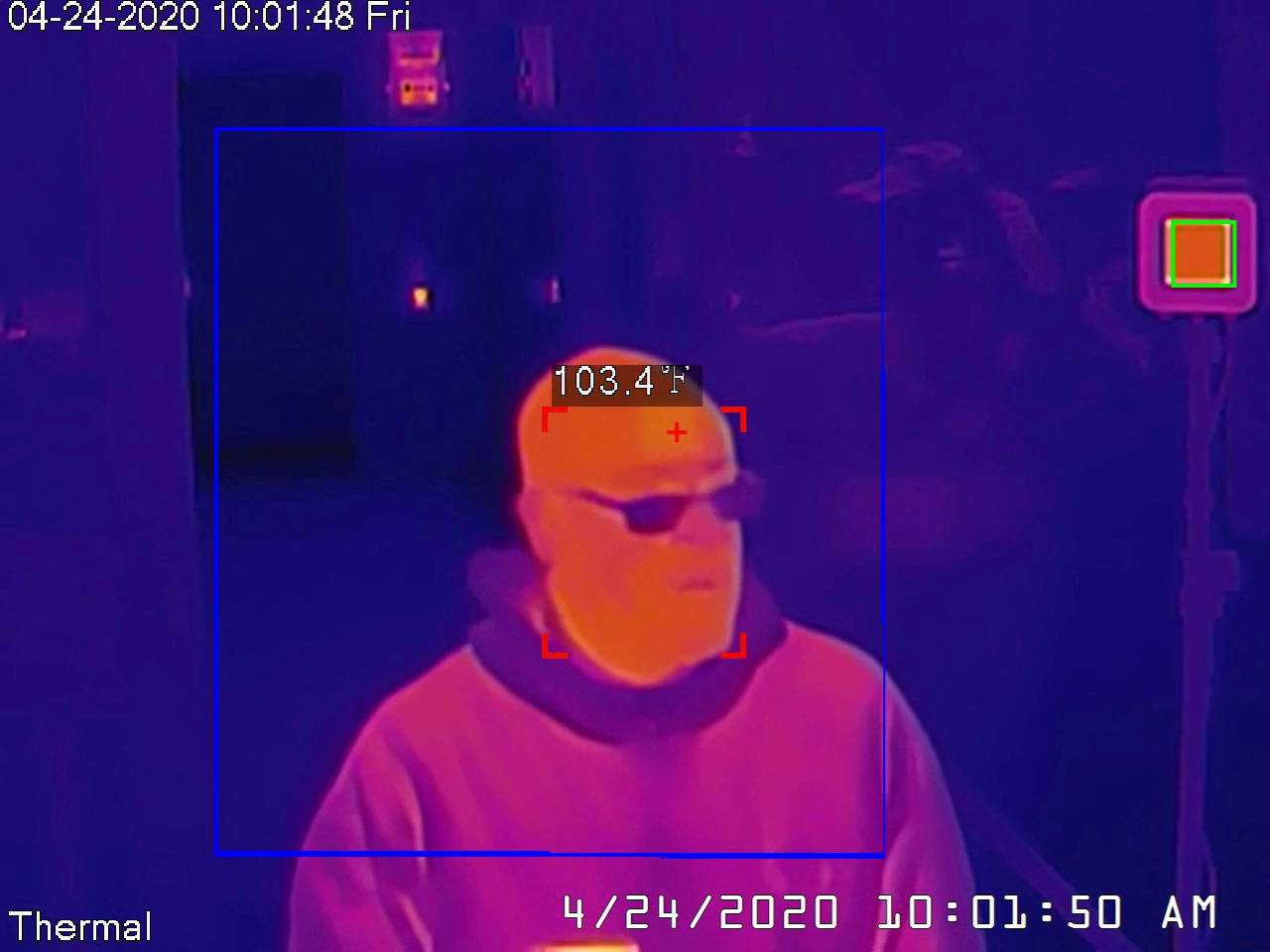A "Romware Covid Radius bracelet” beeps every time a Tata Steel Ltd. worker in the U.K. or a docker at Belgium’s Antwerp port is within virus-catching distance of someone. At Bouygues SA construction sites and in Sanofi and Schneider Electric SE offices in France employees enter after thermal cameras check their temperatures. Invisible lasers manage crowds at shopping malls and transport hubs in Spain and France, and some firms use infection-tracing lanyard devices.
As Europeans head back to work, they’re entering a world very different from the one they left. Workplaces from banks and offices to e-commerce warehouses, factories, sports clubs and airports are trying out or installing fever-testing thermal cameras, mask-detection systems and tracking software to prevent a resurgence of the coronavirus that has claimed more than 167,000 lives in the region.
The virus has opened the doors to surveillance and monitoring technologies that many fear are here to stay. While such systems have been creeping into people’s lives across the globe — particularly in Asia, with China’s facial-recognition points system and South Korea’s invasive infection-tracking software — the trend runs up against Europe’s much-vaunted privacy culture. Europeans trading in privacy for safety now may find the longer-term consequences unacceptable.


















With your current subscription plan you can comment on stories. However, before writing your first comment, please create a display name in the Profile section of your subscriber account page.